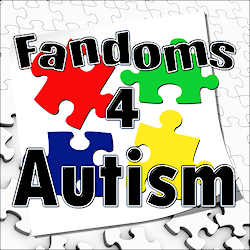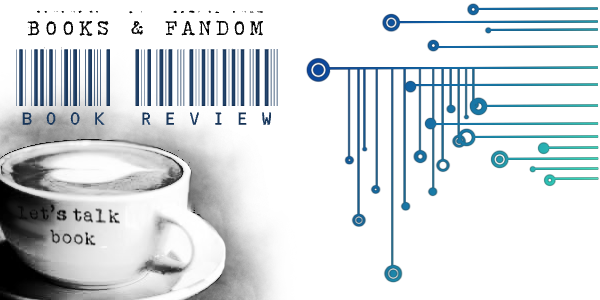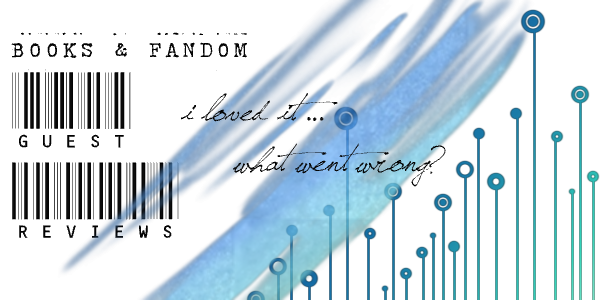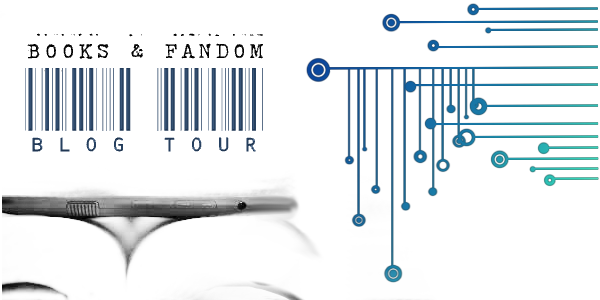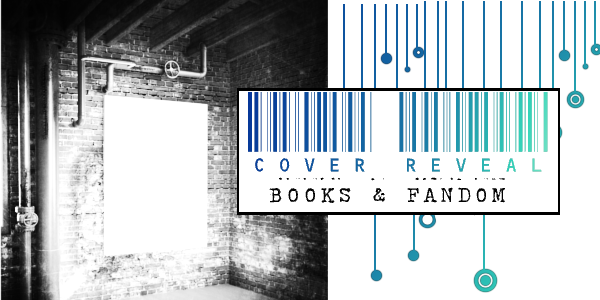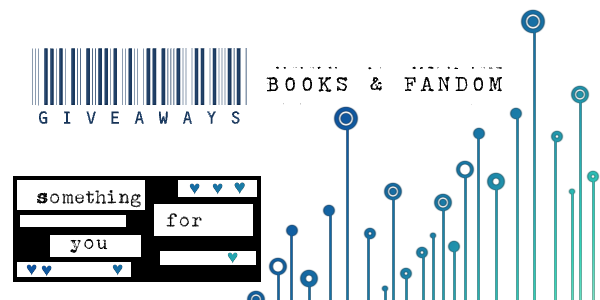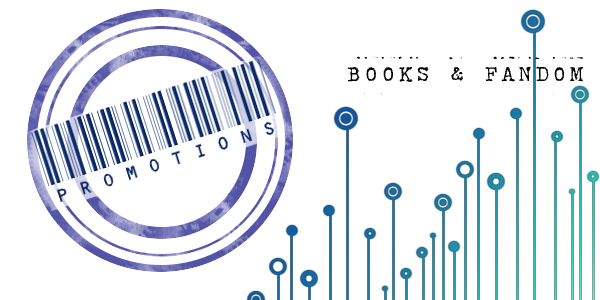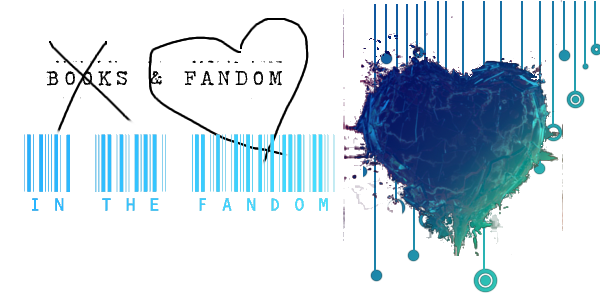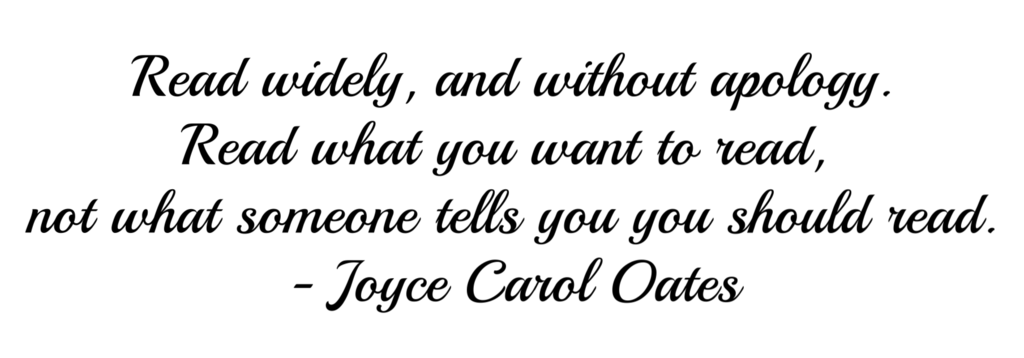
Friday, March 9, 2012

Autism is a lifelong developmental disability that affects how a person communicates with, and relates to, other people. It also affects how they make sense of the world around them.
It is a spectrum condition, which means that, while all people with autism share certain difficulties, their condition will affect them in different ways. Some people with autism are able to live relatively independent lives but others may have accompanying learning disabilities and need a lifetime of specialist support. People with autism may also experience over- or under-sensitivity to sounds, touch, tastes, smells, light or colours.
Asperger syndrome is a form of autism. People with Asperger syndrome are often of average or above average intelligence. They have fewer problems with speech but may still have difficulties with understanding and processing language.
How do people with autism see the world?
People with autism have said that the world, to them, is a mass of people, places and events which they struggle to make sense of, and which can cause them considerable anxiety.
In particular, understanding and relating to other people, and taking part in everyday family and social life may be harder for them. Other people appear to know, intuitively, how to communicate and interact with each other, and some people with autism may wonder why they are 'different'.
About autism -
Autism is a lifelong developmental disability. It is part of the autism spectrum and is sometimes referred to as an autism spectrum disorder, or an ASD. The word 'spectrum' is used because, while all people with autism share three main areas of difficulty, their condition will affect them in very different ways. Some are able to live relatively 'everyday' lives; others will require a lifetime of specialist support.
The three main areas of difficulty which all people with autism share are sometimes known as the 'triad of impairments' -
- difficulty with social communication
- difficulty with social interaction
- difficulty with social imagination.
It can be hard to create awareness of autism as people with the condition do not 'look' disabled: parents of children with autism often say that other people simply think their child is naughty; while adults find that they are misunderstood.
All people with autism can benefit from a timely diagnosis and access to appropriate services and support.
The characteristics of autism vary from one person to another but are generally divided into three main groups -
- difficulty with social communication
- difficulty with social interaction
- difficulty with social imagination.
Characteristics of autism -
The characteristics of autism vary from one person to another but as well as the three main areas of difficulty, people with autism may have:
- love of routines
- sensory sensitivity
- special interests
- learning disabilities.
- Causes and cures
What causes autism?
The exact cause of autism is still being investigated. However, research suggests that a combination of factors - genetic and environmental - may account for changes in brain development.
Autism is not caused by a person's upbringing, their social circumstances and is not the fault of the individual with the condition.
Is there a cure?
At present, there is no 'cure' for autism. However, there is a range of interventions - methods of enabling learning and development - which people may find to be helpful.
Diagnosis -
A diagnosis is the formal identification of autism, usually by a health professional such as a paediatrician or a psychiatrist.
Having a diagnosis is helpful for two reasons -
It helps people with autism (and their families) to understand why they may experience certain difficulties and what they can do about them it allows people to access services and support.
People's GPs can refer them to a specialist who is able to make a diagnosis. Many people are diagnosed as children; their parents and carers can ask GPs for a referral.
Different names for autism -
Some professionals may refer to autism by a different name, such as autism or autistic spectrum disorder (ASD), classic autism or Kanner autism, pervasive developmental disorder (PDD) or high-functioning autism (HFA).
Story Submission:
All stories must be received by 11.59PM GMT Saturday 5/5/2012.
Receipt Submission:
All donations must be received by 11.59PM Saturday 5/25/2012.
Compilation Emailing:
We will begin to email out the compilation Saturday 5/26/2012.
Both authors and donors will receive the compilation.
Authors, feel free to share the comiplation with your banner maker, beta and pre-reader.
Author Post Date:
Authors are free to post their pieces on Saturday 6/30/2012
For more info Fandom4Austism blogspot
To follow on twitter @Fandoms4Autism
